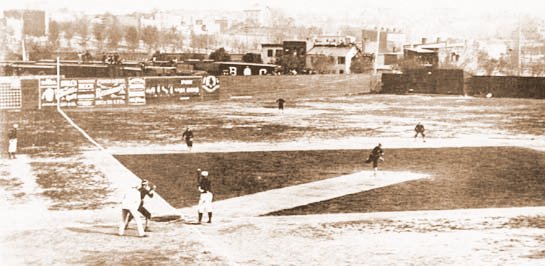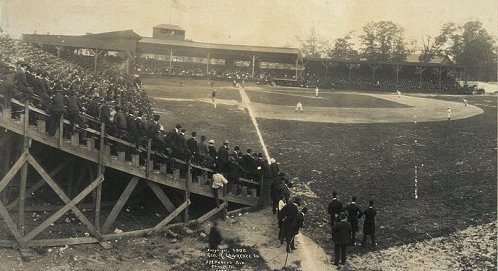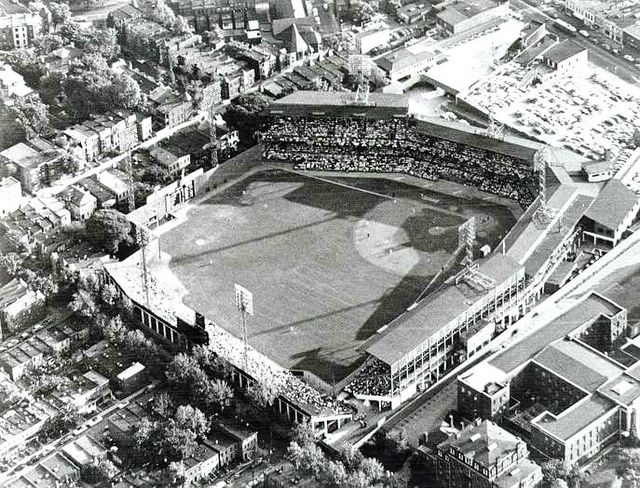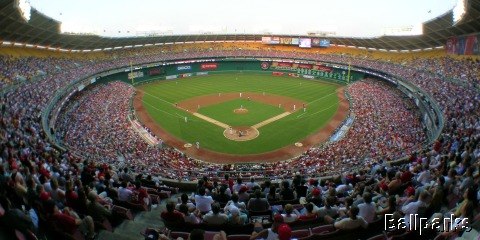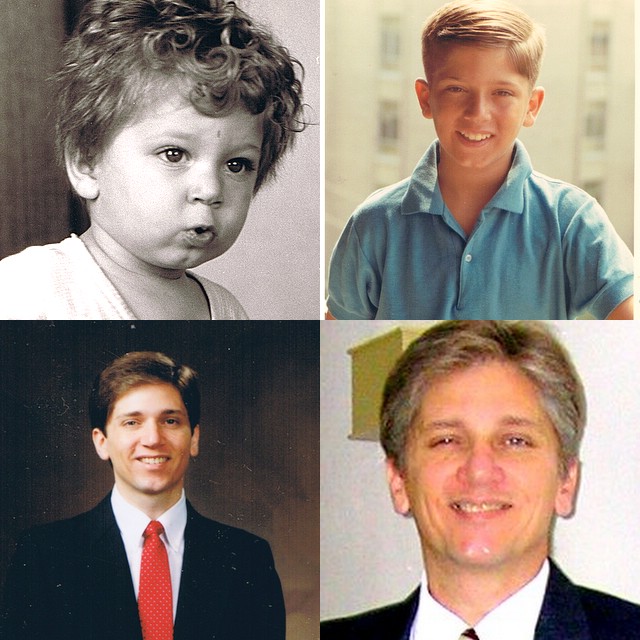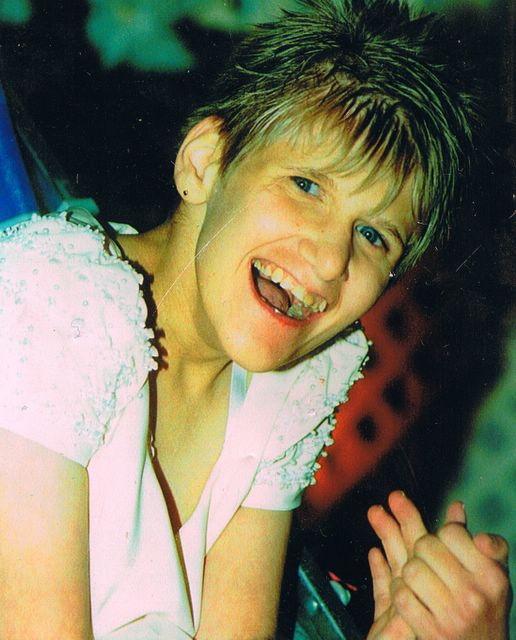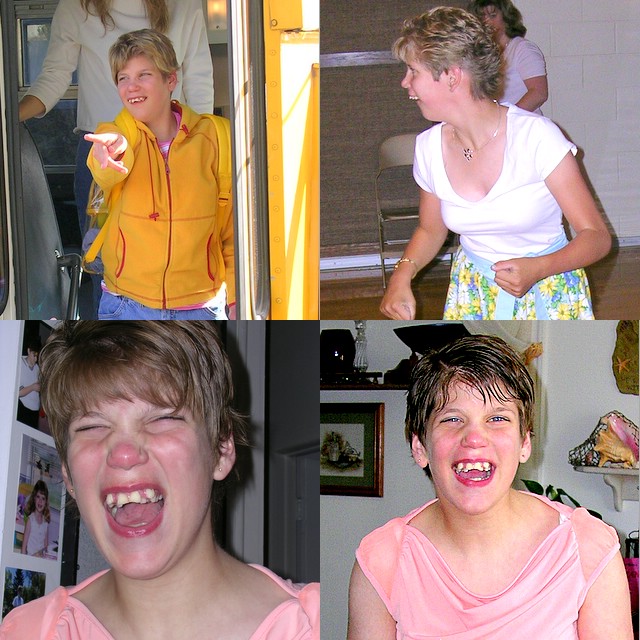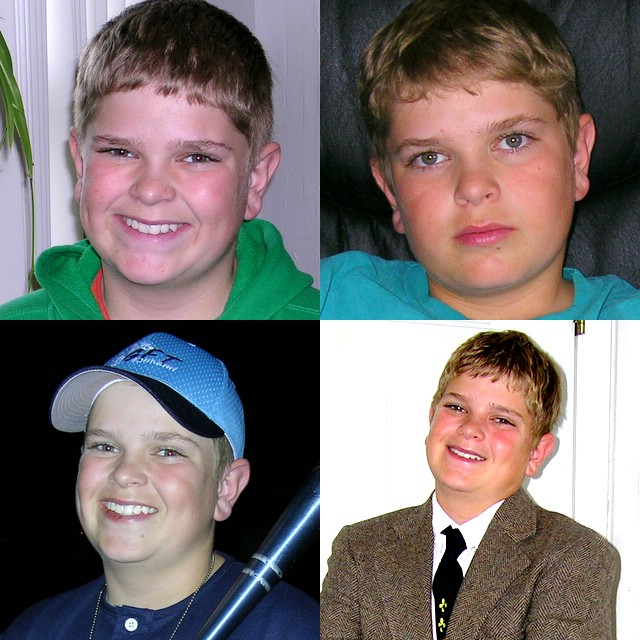Nick Johnson: Wes Parker Reincarnate
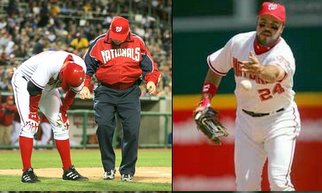 [January 18th] -- Nick Johnson and the Washington Nationals have avoided arbitration by agreeing to a $3.2 million dollar contract, a deal that includes incentives that protects the team against injury and allows Johnson to increase his income by staying on the field.
[January 18th] -- Nick Johnson and the Washington Nationals have avoided arbitration by agreeing to a $3.2 million dollar contract, a deal that includes incentives that protects the team against injury and allows Johnson to increase his income by staying on the field.
Let's assume for a minute that Johnson does remain on the field, that this is the first healthy season for the burly first baseman in his career. Will having him play everyday make the Nationals a better team, and if so, how much?
Johnson played in 131 games in 2005, and hit .289-15-74. Had he played a full 162 games, his numbers would have looked like this: Hits: 163 ... 2B:43 ... 3B:5 ... HR: 18 ... RBI:92 ... Ave:.289. Johnson had a solid .408 on base percent and a good .479 slugging average. If you take his career stats, and average them over a 162 game season, you get similar numbers: Hits:140 ... 2B:31 ... 3B:1 ... HR:18 ... RBI: 78 ...AVE:.265. Johnson has a career .383 obp and a .437 slugging average. Based on what he could have done in 2005, and what he has done over his career, Johnson is going to consistently hit around .290-20-90 with a .400 obp and a .440 slg. Those are "nice" numbers for a National League first baseman, but certainly not "superb" ones.
When I was a kid, the Los Angeles Dodgers had a first baseman by the name of Wes Parker. He hit for a solid average, had a high on-base percentage, and had good gap power. He averaged 11 or so homers a season. He was on the trading block every winter. For the past decade, the Reds have had Sean Casey at first base. He had a high average, a solid on base percent, and good gap power. After years of trying to trade him, they finally succeeded this past winter. For the past two seasons, the Brewers had Lyle Overbay, a first baseman who hit for a (you guessed it) high average, had good gap power and solid on base percentage. They tried to trade him last season with no luck, but moved him this year to make room for a "real" first baseman, Prince Fielder.
There is a stigma attached to first baseman like Nick Johnson. It is believed by many that to make the playoffs consistently, you have to have a slugging first-sacker. For example, the White Sox won their first World Series since the Wilson administration with Paul Konerko at first. The Yankees won all all those championships in the 1990's with Tino Martinez. Beyond that, however, having a less-than-powerful first baseman seems to bring into question a team's manhood, that without a high-production first baseman, they really aren't a baseball team at all.
Baseball team's can survive with a Nick Johnson type of first baseman when they get power from other positions. Shortstops, second baseman and catchers with long-ball power allow a team to carry a first baseman who hits 17 homers in a season. Kevin Millar hit only 18 homers for the world championship 2003 Boston Red Sox, but the team had "value-added" power from catcher Jason Veritek and second baseman Mark Bellhorn.
For the Nationals, Nick Johnson, along with Jose Guillen, is "the power guy." I suppose that as long as the team is treading water, with a .500 record as its ultimate goal, carrying Nick Johnson isn't a bad thing. But as positions are upgraded, when youngsters like Ryan Zimmerman begin to reach their potential, eyes will begin to focus on first base and see Nick Johnson as Washington's Wes Parker, Lyle Overbay and Sean Casey. Whispers will be repeated in the newspapers that the team can't reach the "next level" with him at first base.
I believe that Larry Broadway is the long-term solution at first base. Broadway has repeatedly been recognized as the team's best power hitting minor leaguer. After returning from injuries last summer, Broadway has smoked the ball, at 'AA' Harrisburg, at the select Arizona Fall League and while playing in the Dominican League this winter. His defense isn't quite as good as Nick's, but it's close.
Let's hope that Johnson remains healthy and does put up that .200-20-100 season we've been waiting for. Broadway needs one more year in the minors before making the transition to the big club; he should be ready for the 2007 season. Nick Johnson would bring some quality pitching and open first base for a power hitting first baseman.
I like Nick Johnson, but he's not the long-term answer at first. Larry Broadway is.








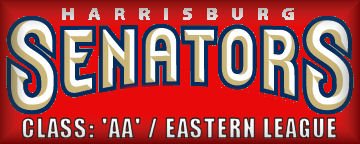
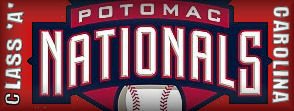

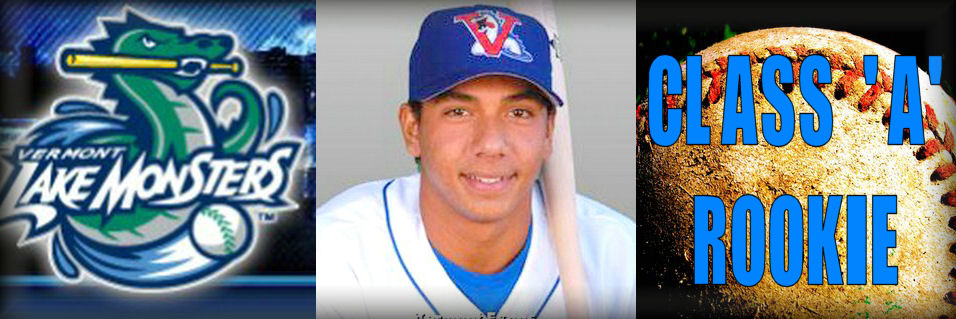















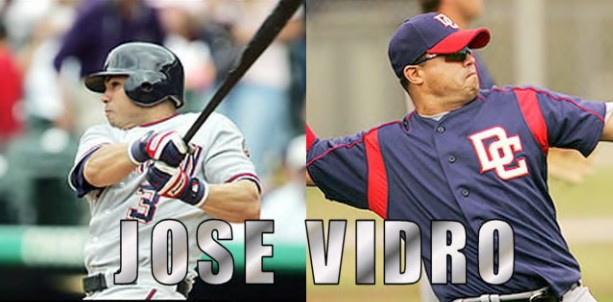




















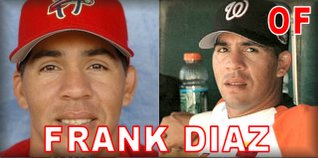

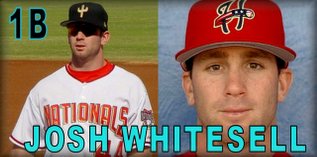
 3) 1926 (road) --- 4) 1936-'37, 1948-'51
3) 1926 (road) --- 4) 1936-'37, 1948-'51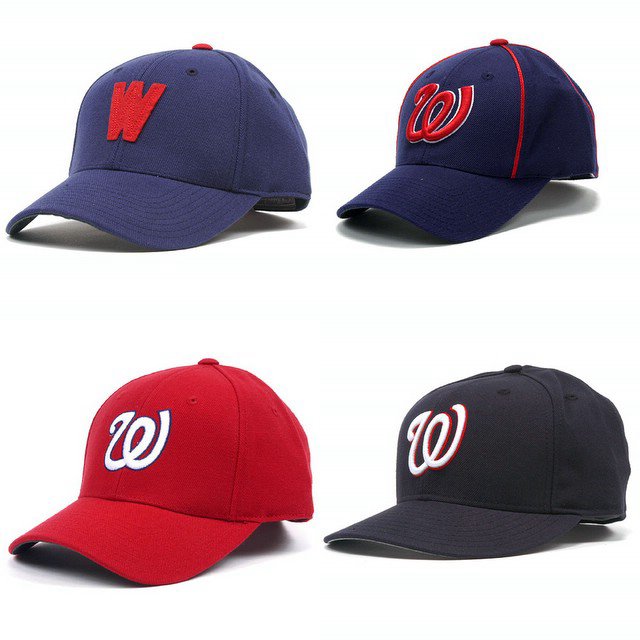 3) 1968 - '71, and 2005 (home) --- 4) 2005 (road)
3) 1968 - '71, and 2005 (home) --- 4) 2005 (road) Buddy Meyer --- Walter Johnson
Buddy Meyer --- Walter Johnson Ed Yost --- Muddy Ruel
Ed Yost --- Muddy Ruel Roger Peckinpaugh --- Joe Cronin
Roger Peckinpaugh --- Joe Cronin Del Unser --- Darold Knowles
Del Unser --- Darold Knowles Ed Stroud - Mike Epstein
Ed Stroud - Mike Epstein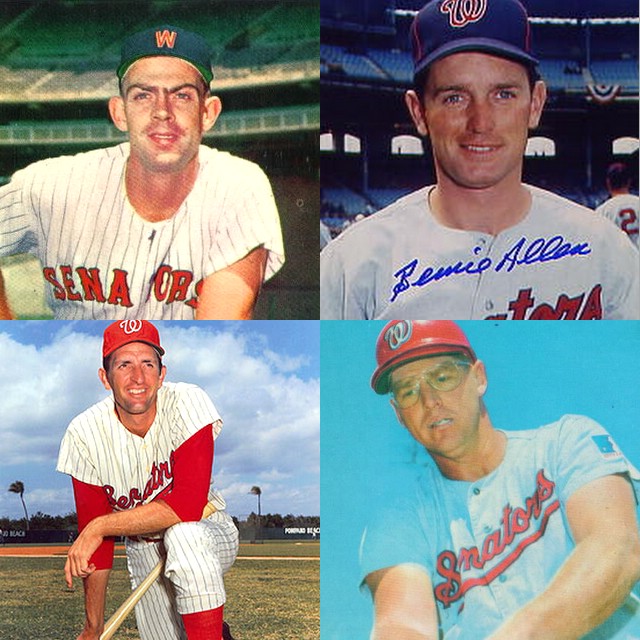 3)1968 -- 4)1969 - 1971
3)1968 -- 4)1969 - 1971